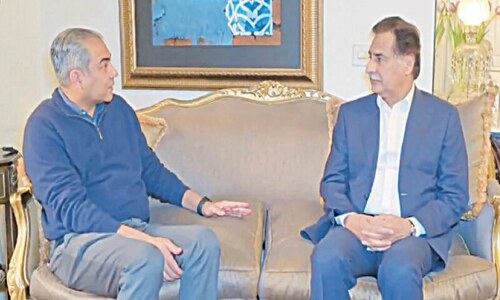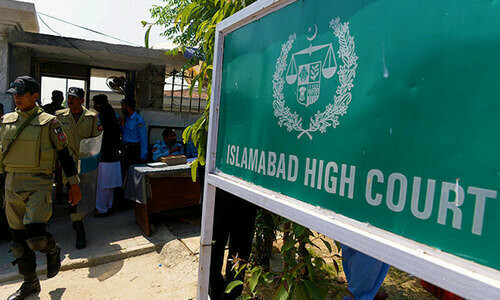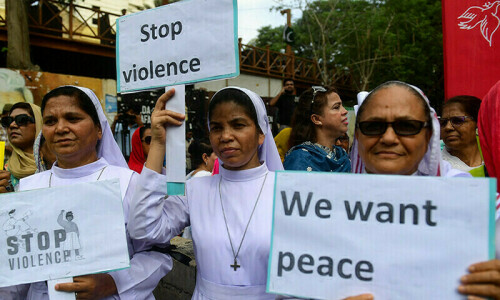ISLAMABAD: The World Bank will strengthen sales tax collection capacity of the Khyber Pakhtunkhwa government and improve public investment management and accountability of public service delivery in the water sector, Dawn has learnt.
The ‘governance and policy programme’ project, to be approved by the World Bank executive board this month, is aimed at increasing the provincial government’s capacity for revenue mobilisation and the public finance management.
A World Bank report on the project says although the province has a high potential for increasing revenue, its own-resource revenues (OSR) remains low – the result of a complex institutional set-up with three different institutions collection various taxes.
The Excise, Taxation, and Narcotics Control Department collects the Urban Immovable Property Tax, the Motor Vehicle Tax, and professional taxes and provincial excise; the Board of Revenue collects the taxes on real estate transactions and land and the agricultural income tax; and the KP Revenue Authority collects the general sales tax on services.
Due to the lack of integration to facilitate using shared databases on taxpayers to enhance compliance, tackle tax evasion, and reduce the cost of tax collection, KP has not been able to mobilise the full scope of OSR as its disposal.
Moreover, the province has not taken advantage of its non-tax revenues by making better use of its natural resources and property assets and optimising commercial utilisation of government-owned real estate assets.
A 2018 analysis of the General Sales Tax on Services indicates that by improving tax compliance from today’s estimated 23pc to 75pc, KP could triple its tax revenue and reduce its dependence on federal transfers, which accounted for 86pc of provincial revenue in 2016-17.
The bifurcation of the budget expenditures into “recurrent” and “development” categories makes it difficult to measure the cost of public service delivery and allocate financing accordingly. The slow implementation of a Treasury Single Account hinders cash management, as the practice of depositing government funds into commercial banks compromises the accuracy of the state’s cash positions.
Published in Dawn, September 1st, 2019















































